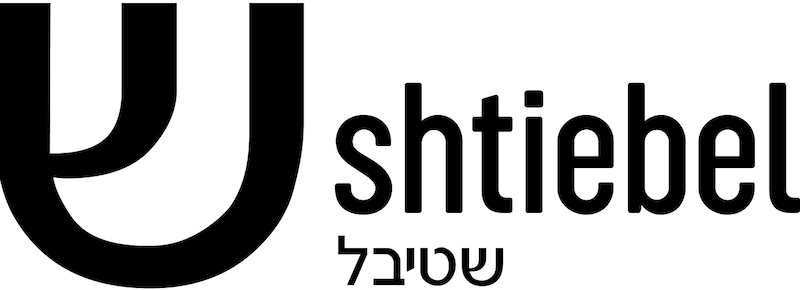
There is a story told about a boy who came to synagogue on Yom Kippur. He wanted desperately to pray, but he did not know the words. All he could do was whistle, a clear, simple tune that carried his whole heart. The congregation was scandalised. How could such a sound break the holiness of the day? But the rabbi silenced them. “His whistle,” the rabbi said, “rose straight to heaven. It was the most honest prayer of all.”
I love this story because it reminds us that prayer is not only about words on a page. It is about presence, about the courage to show up fully even when we are uncertain, about finding a way to let the heart speak, whether through fluent Hebrew, halting English, or even a whistle. Rabbi Abraham Isaac Kook taught:
“הַיָּשָׁן יִתְחַדֵּשׁ וְהֶחָדָשׁ יִתְקַדֵּשׁ”
The old shall be made new, and the new shall be made holy.
That teaching is at the heart of Shtiebel and at the heart of our new Machzor (High Holy Day prayerbook), Lev Shalem.
At Shtiebel, we are not a synagogue in the traditional sense. We are a community built on the belief that Jewish life should be inclusive, creative, and accessible without sacrificing depth. Our community is made up of those fluent in tradition, those returning after years away, and those exploring for the first time. Too often, existing Machzorim left people feeling like outsiders, the Hebrew too intimidating, the translations too rigid, the layout too unwelcoming. We needed a Machzor that reflected our voice: rooted in tradition, resonant in Australian idiom, and designed for participation and learning. A book that could hold both keva (structure) and kavanah (intention) so that every voice, whether fluent or faltering, could rise as prayer.
The work of creating Lev Shalem was practical, spiritual, and deeply collaborative. We shaped transliteration to match Australian pronunciation, included cantillation where words are sung, and designed every page to invite participation, bold responses for the community, indents for High Holy Day insertions, grey boxes for new reflections and contemporary voices. Along the way, we invited AI into the process as a chevruta, a study partner. Like any good partner, it challenged us, sparked new ideas, and stretched our imagination. But every decision was grounded in human judgement, theology, and care. The dialogue between old and new, human and technological, became part of the holiness of the work. Most of all, Lev Shalem was shaped by people: students asking questions, learners stumbling through Hebrew, poets offering language, community members voicing their needs. It was written not just for Shtiebel, but with Shtiebel.
Like Shtiebel itself, this Machzor is the product of partnership. Tammy and I (Gersh) know that neither of us could have created this alone. Our differences in style and perspective became strengths, structure meeting imagination, detail balancing vision. Lev Shalem is stronger because it was created in partnership, just as Shtiebel is stronger because it holds many voices. It is more than the sum of its parts. It is what happens when the old is made new, and the new is made holy.

We will place Lev Shalem in your hands for the first time on S’lichot, Saturday 6 September. S’lichot, the night that softens us for the Days of Awe, feels like the perfect time to welcome a new Machzor. Our hope is that it will be more than a book you hold, that it will become a companion on your journey, a mirror for your questions, and a vessel for your most honest prayers, whether spoken in words, whispered in silence, or whistled from the heart.
As part of the launch, you are invited to help place these prayer books in the hands of our community by sponsoring a Machzor in honour of a friend, or in memory of a loved one. Each dedication will be inscribed in the Machzor itself, ensuring that their name and memory are carried into our holiest days. Details are available here: shtiebel.org.au/machzorlevshalem.
To the editors and proofreaders, to the teachers and poets, to the students and question-askers, and to our community who gave these prayers a home, תּוֹדָה רַבָּה.
